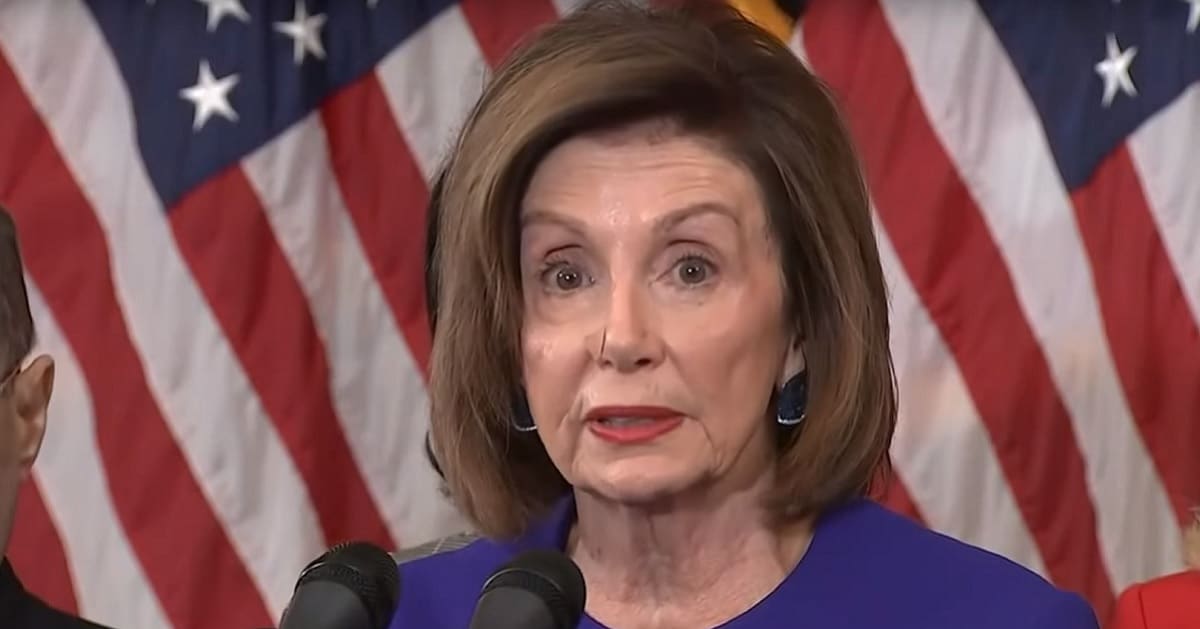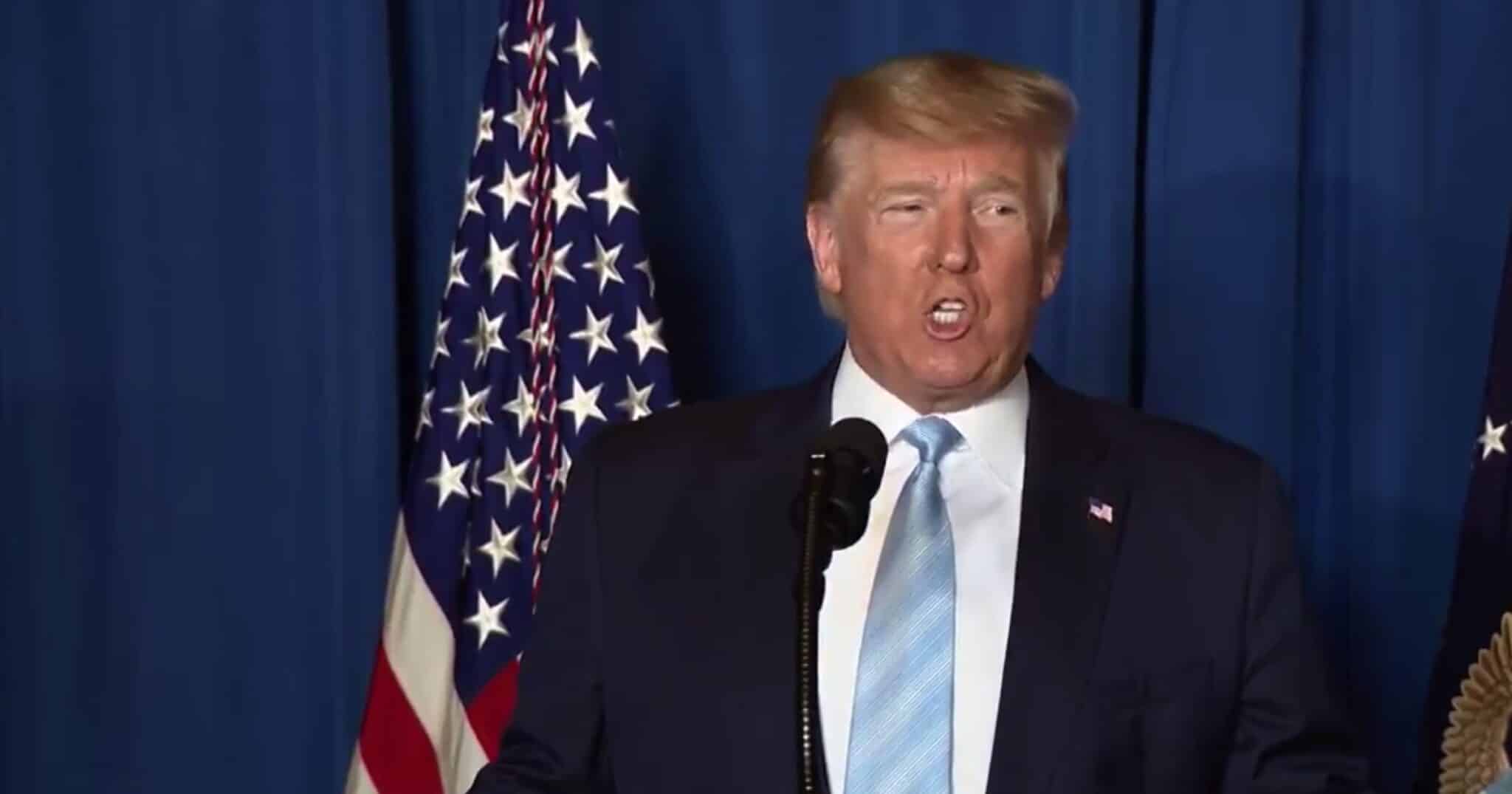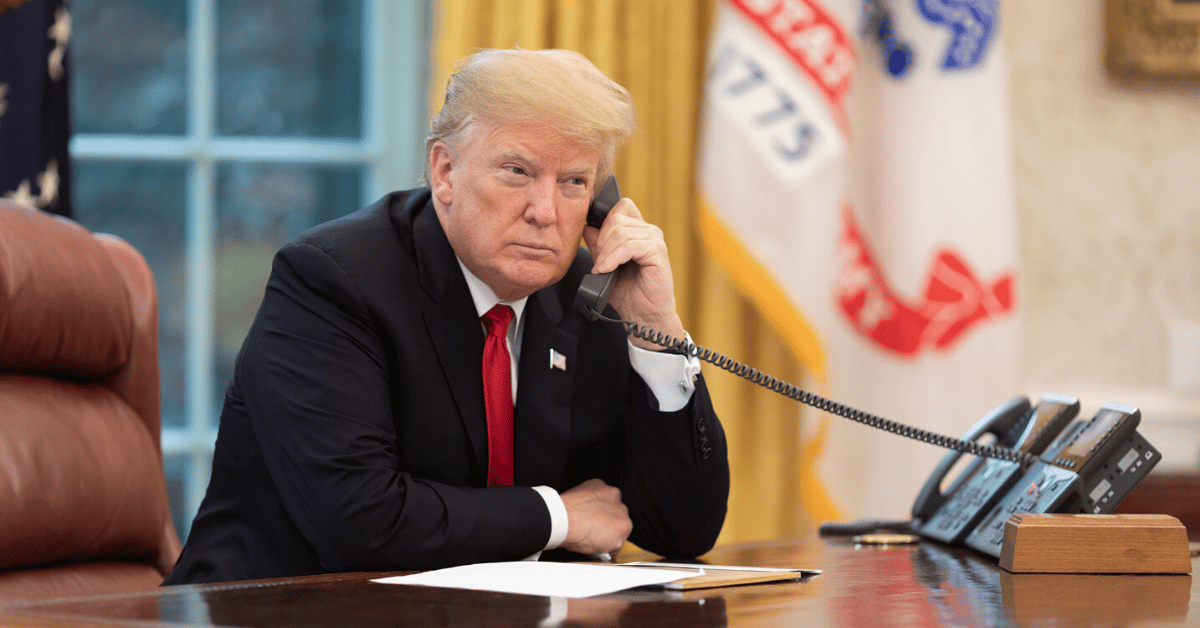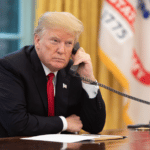




A recently unsealed brief from Special Counsel Jack Smith has cast new allegations against former President Donald Trump, centering on claims that he spread false narratives of election fraud to overturn the 2020 election outcome.
Newsweek reported that a former Ronald Reagan administration official, David B. Rivkin Jr., penned an article in the Wall Street Journal pointing out "critical failures" in Smith's indictment of Trump.
On October 2, a federal judge brought to light a comprehensive 165-page document submitted by Smith, detailing accusations against Trump.
Smith asserts that Trump knowingly propagated untrue statements regarding election fraud in the period following the 2020 presidential election, with the intent to invalidate Joe Biden's victory. By labeling these actions as deliberate and conspiratorial, Smith's brief decidedly rejected the former president's denial of intent.
Trump, for his part, has responded fiercely to the brief's release, denouncing it as an "October Surprise." He regards this legal effort as a strategic move aimed at interfering with upcoming elections, questioning the timing and motivation behind the special counsel’s actions.
July saw the Supreme Court reaffirm Trump's protection under the doctrine of presidential immunity.
This decision was grounded in a precedent set by the 1982 case, Nixon v. Fitzgerald, which effectively shelters a president’s official conduct from legal action. Smith's brief, however, contends that Trump’s interactions with certain officials lay outside this protected sphere.
In his brief, Smith pointed to Trump's dialogues with Vice President Mike Pence and various state officials. According to Smith, these interactions were not integral to presidential duties and thus constituted potential grounds for legal proceedings against Trump.
David B. Rivkin Jr. and Elizabeth Price Foley, both rooted in constitutional law expertise, have publicly criticized Smith's approach, calling it a significant misjudgment. Their criticism hinges on the claim that Smith’s emphasis on Trump’s intentions is flawed, diverging from established legal standards.
Rivkin and Foley argue that courts are barred from evaluating a president's personal motivations when distinguishing between official and personal acts. This position is supported by the Supreme Court’s recent ruling that refrains from probing presidential intent.
Moreover, Rivkin and Foley contend that assessing presidential intent would undermine the principle of presidential immunity. They caution that without this immunity, presidents could face lawsuits with each new administration, driven by politically charged motives.
Their critique extends further to cite past judicial opinions, notably a 1952 commentary by Justice Felix Frankfurter.
Frankfurter’s opinion suggested that verbal communication by a president could be deemed official, even in the absence of explicit legal connections.
Rivkin and Foley express their belief that Trump's engagements with state officials and attempts to influence Pence are indeed official duties. Consequently, these engagements should be regarded as immune from judicial inquiry.
They firmly state that any interpretation allowing such an inquiry breaches presidential safeguards. They also emphasize historical warnings, referencing George Washington’s concerns about partisan retaliation should presidential immunity be compromised.
As this legal battle unfolds, the arguments presented by Rivkin and Foley underscore critical constitutional issues at the heart of presidential immunity. Their comments amplify the narrative that a misinterpretation of immunity could destabilize future administrations by prompting frivolous legal challenges.



